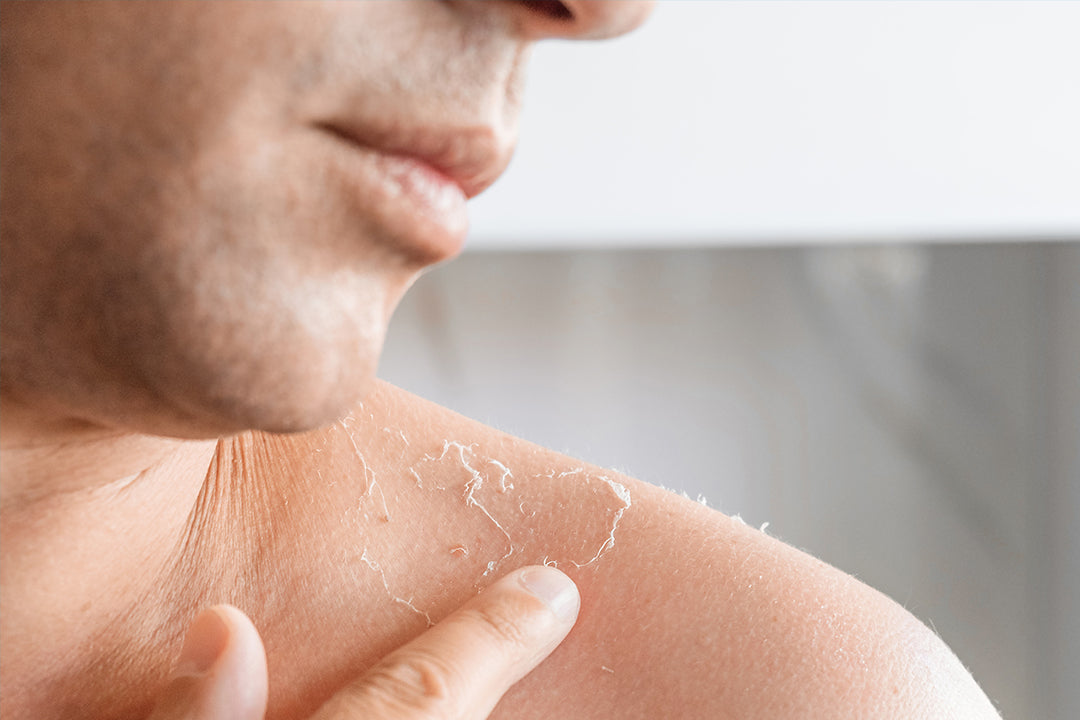Ever wondered what gives your favorite moisturizer that luxurious, creamy texture? Or how your face mask manages to absorb all that oil? Aluminum silicate might be the secret ingredient behind these skincare wonders. But what exactly is it, and is it right for your skin? Let's dive in!
What Is Aluminum Silicate?
Imagine a naturally occurring clay mineral, refined for the world of skincare. That's aluminum silicate in a nutshell! Found in the earth's crust, this ingredient boasts a unique composition of magnesium, aluminum, and silicate. Don't worry, the science doesn't matter as much as its benefits for your skin.
Benefits of Aluminum Silicate
- One of the main benefits of aluminum silicate is its ability to control oil and shine. If you have oily or combination skin, products containing aluminum silicate can help reduce excess sebum production and leave your skin looking matte and shine-free.
- Certain formulations containing aluminum silicate can offer gentle exfoliation. By removing dead skin cells and impurities, it can contribute to a smoother, brighter complexion.
- Aluminum silicate also acts as a thickening agent and texture enhancer. It creates those luxurious creams and lotions we all love, making them easier to apply and offering a smooth, even finish.
How to Use Aluminum Silicate
Aluminum silicate is a versatile ingredient found in various skincare products, including:
-
Cleansers: Its oil-absorbing properties make it a great addition to cleansers, especially for oily skin. Here's how to incorporate it into your routine:
- Splash your face with lukewarm water.
- Apply a dime-sized amount of cleanser containing aluminum silicate to your damp skin.
- Massage gently for 30-60 seconds, focusing on oily areas like the T-zone.
- Rinse thoroughly with lukewarm water and pat your face dry.
- You can use this cleanser daily, morning and night.
-
Masks: Clay masks often contain aluminum silicate for their deep cleansing and pore-minimizing effects. Here's how to use them:
- Cleanse your face as usual and pat it dry.
- Apply a thin, even layer of the clay mask to your face, avoiding the eye and lip area.
- Leave it on for the recommended time (usually 10-15 minutes), allowing the mask to dry completely.
- Rinse thoroughly with lukewarm water and pat your face dry.
- Use clay masks 1-2 times a week, depending on your skin type.
-
Moisturizers: This ingredient helps create a luxurious texture while potentially offering some oil control. Look for moisturizers formulated for your specific skin type (oily, dry, etc.) and incorporate them into your routine:
- Apply moisturizer after cleansing and toning (optional) in the morning and night.
- Gently massage a pea-sized amount onto your face and neck.
Remember: When choosing products with aluminum silicate, focus on the overall formulation. Look for products suited to your skin type and concerns.
Bonus Tip: If you're looking for a natural alternative to harsh chemical exfoliants, aluminum silicate-based masks can be a gentle option for smoother, brighter skin.
Side Effects of Aluminum Silicate
The good news is, that aluminum silicate is generally considered safe for most skin types. However, as with any ingredient, there's always a chance of irritation. Here's what to watch out for:
- Sensitive Skin: If you have sensitive skin, it's always a good idea to do a patch test before applying any new product containing aluminum silicate.
- Potential Allergy: While rare, some people might have an allergy to aluminum, a component of this ingredient. Watch for signs of irritation like redness or itching.
Takeaways
Aluminum silicate is a common ingredient in skincare products, known for its oil-absorbing properties and ability to minimize the appearance of pores. While it is generally safe for use, it may cause dryness or irritation in some individuals. If you're concerned about using aluminum silicate in your skincare routine, consult a dermatologist who can recommend alternative products or ingredients that suit your specific needs.
Remember, skincare is a personal journey, and what works for one person may not work for another. It's important to listen to your skin's needs and make informed choices based on your individual concerns and preferences.








